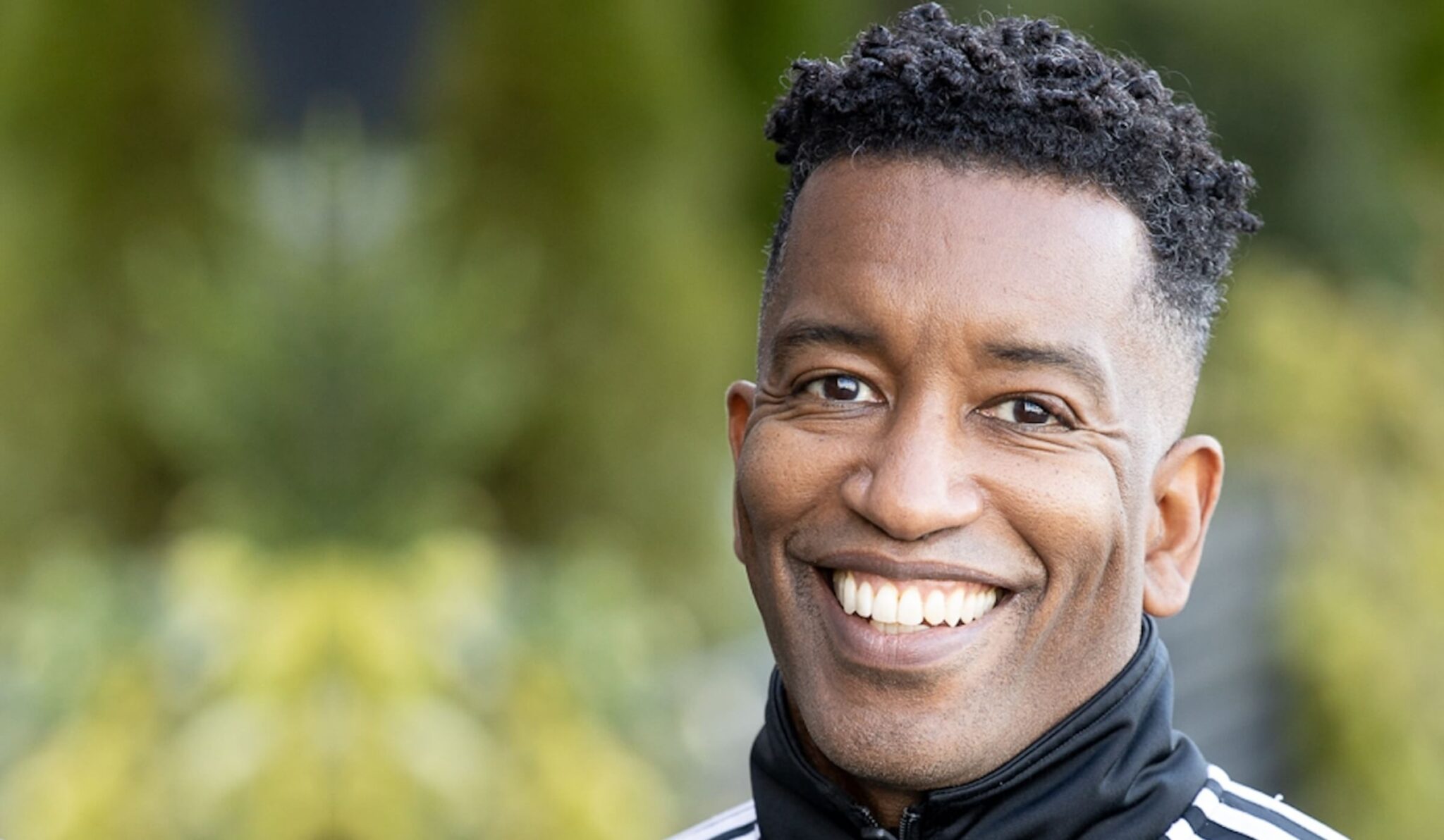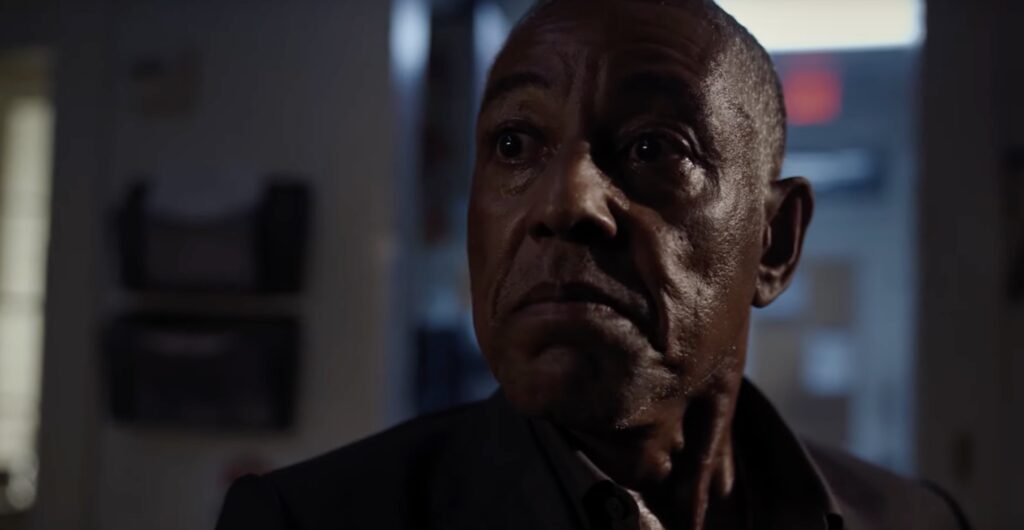
Amadou Diallo is currently a staff writer for the show Parish, which is set to premiere on AMC later this year. But Diallo didn’t start as a writer. As a successful jazz musician, photographer, and then journalist, Diallo began to look for new ways to express himself. After writing a stage play in 2017, a friend who was a playwright-turned-TV-writer suggested Diallo consider writing for television. He loved the idea and began going through the steps to make it happen.
Check out our interview with Amadou Diallo below, then continue for some of our favorite takeaways.
Taking the First Steps
Diallo wrote an original pilot and kept working on it, and kept working on it. He took some TV writing classes and began building his confidence with his network of people he could go to for help. “I just told everyone in my circle, ‘Hey, I’m going to be a TV writer!’ I just said it out loud to people,” Diallo says. “You just never know who’s going to hear that.”
Eventually, a friend introduced him to a producer who read his pilot and made some introductions. “That opened some doors. If I had kept this to myself, what I wanted to do, that opportunity wouldn’t have happened.” He adds how surprised he was at the willingness of people to meet for coffee and discuss his work.
“I’m a big proponent of building your network,” says Diallo, and all those coffee chats worked for him.

‘Parish’
Obstacles When Trying to Break In
Diallo says he thought that because he was older and wasn’t straight out of film school, his age would present a problem. But that wasn’t true for him. “What I found, and I think this is important, is that people are looking for writers who’ve lived a life, had experiences, and can write about things with authenticity.”
He adds that the obstacles only exist in our heads, and we have to take care to not let those hold us back.
Read More: Film Industry Etiquette: 9 Essential Tips for Screenwriters
Thoughts on Contest and Fellowships
All writers need to have their work evaluated by an outside entity at some point, and Diallo says competitions are a great way to achieve that. “Contests are very useful for getting feedback … But in any competition, another human being is reading words you wrote, and you get to see if they come away with what you had in your head.”
But he wants writers to keep in mind that a script may do well in one contest and not in another and not take that as an indictment of your talent or potential.
Diallo thinks fellowships can be super useful to a writer for this one reason: “It’s all about gatekeepers! You’re getting access to a program that has a concentrated set of gatekeepers,” Diallo says. “They can give you a sense that your writing is progressing as long as you don’t take it too much to heart.” He cautions against expecting any results from the majority of contests or fellowships you enter, saying, “If you think you’re going to enter four contests and win one, that’s just not super realistic. There are things that are subjective about it.”
Mentors Are the Secret to Hollywood
To Amadou Diallo, mentors are super important. “The dirty little secret of Hollywood is that everyone who’s had success has had somebody above where they are, reach out a hand and say, ‘Hey! I’ll show you the ropes,’” Diallo says. “Whether it’s an informal mentorship or an established, institutionalized program, there’s no way to advance in this industry without somebody looking out for you.”
Diallo also recommends not being pushy when seeking a mentor and letting the relationship happen organically.
Read More: Mentorship vs. Guaranteed Development: Which One is the Best Fit for You?
You’re in the Writer’s Room, Now What?
In Diallo’s first writer’s room, he noticed something important: pitches from personal experiences got everyone’s attention. “Now they’re hearing a pitch that’s grounded in reality, and if you’re doing any kind of show that’s trying to reflect the real world, that’s what they want,” Diallo says.
First and foremost, he says you need to bring yourself to the room. “They’re hiring you because of what life experiences and personality you bring to the room–and that’s just as important as the writing,” Diallo says that your spec scripts and writing samples need to be bulletproof for you to get through that door. But once you are in the room, none of that matters. “Now it’s about, ‘What are you personally bringing to this room that we don’t already have from somebody else?’”

‘Parish’
Amadou Diallo’s Best Advice
Because the odds of making a career out of TV writing are so minuscule, he says, “You have to bring a lot of confidence to this process but at the same time a lot of humility. You have to be humble and be willing to listen. That’s the delicate dance.”
He adds that it is important to be grateful for any feedback or criticism and to make the most of it. “If you want to make it in this industry, you have to be willing to receive, take, and understand feedback. That’s always a part of the job,” he says.
We wish Amadou Diallo the best of luck with his new show and plan to invite him for coffee very soon.
Read More: I Just Wrote My TV Pilot. Now What?

